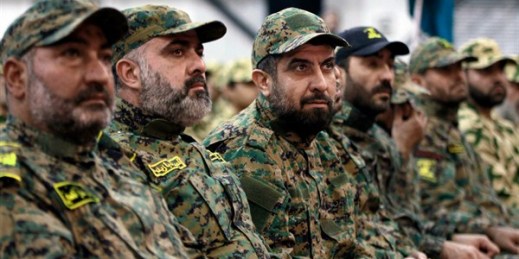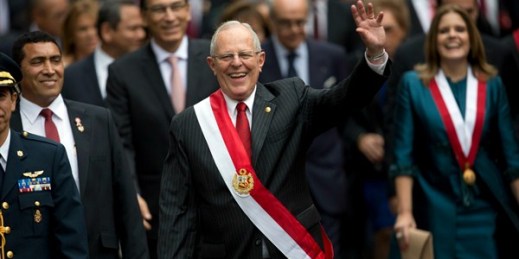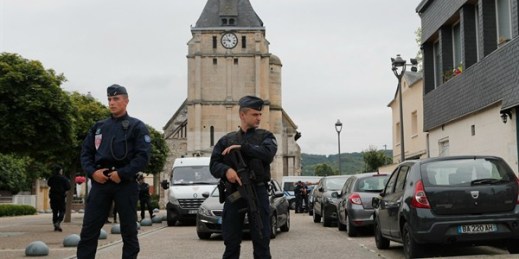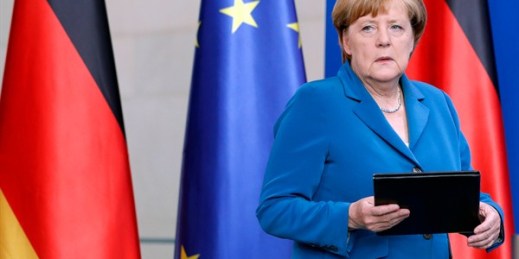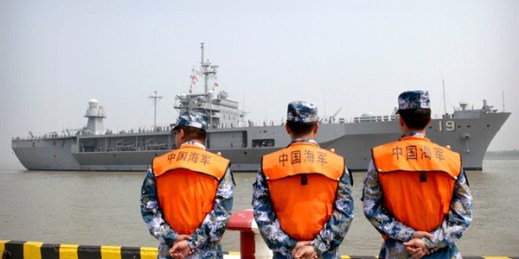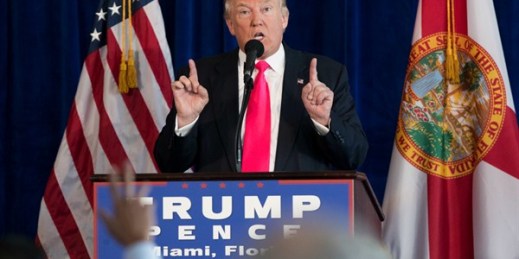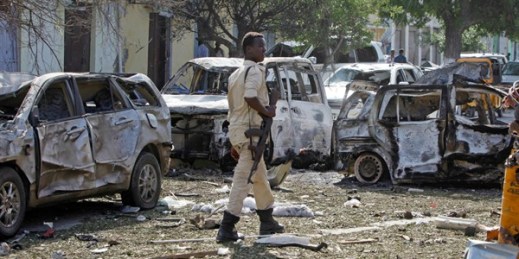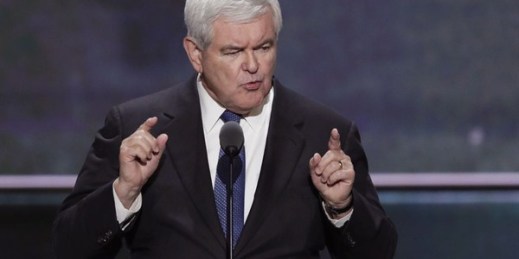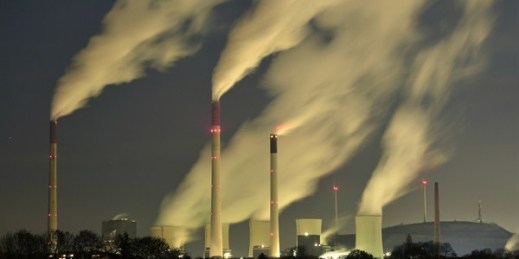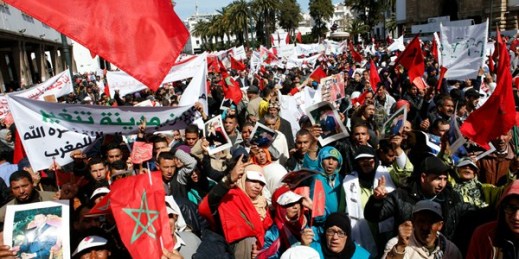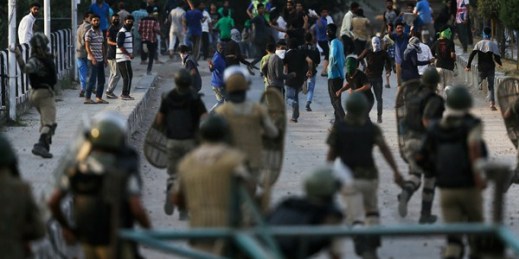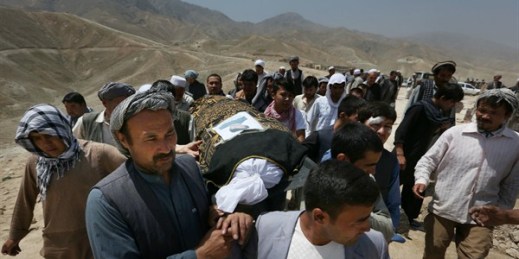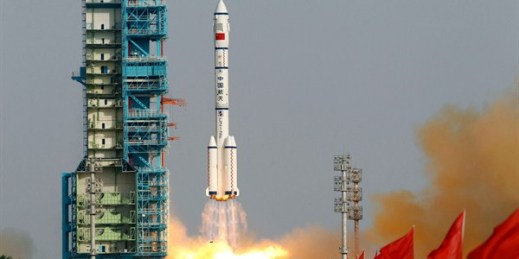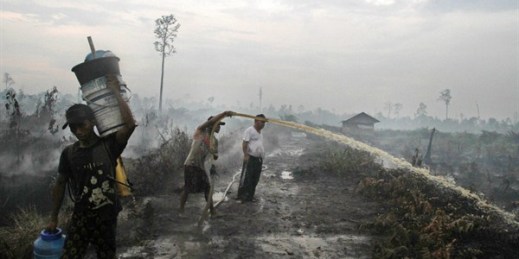
Editor’s note: This article is part of an ongoing WPR series on countries’ risk exposure, contribution and response to climate change. Earlier this year, Indonesia called on the palm oil sector to play a larger role in the fight against climate change, including by stopping its slash-and-burn deforestation practices. In an email interview, T. Nirarta Samadhi, the Indonesia country director for the World Resources Institute, discusses Indonesia’s response to climate change. WPR: What is Indonesia’s risk exposure to climate change, what effects of climate change are already apparent, and what sorts of mitigation approaches will it have to adopt or […]


